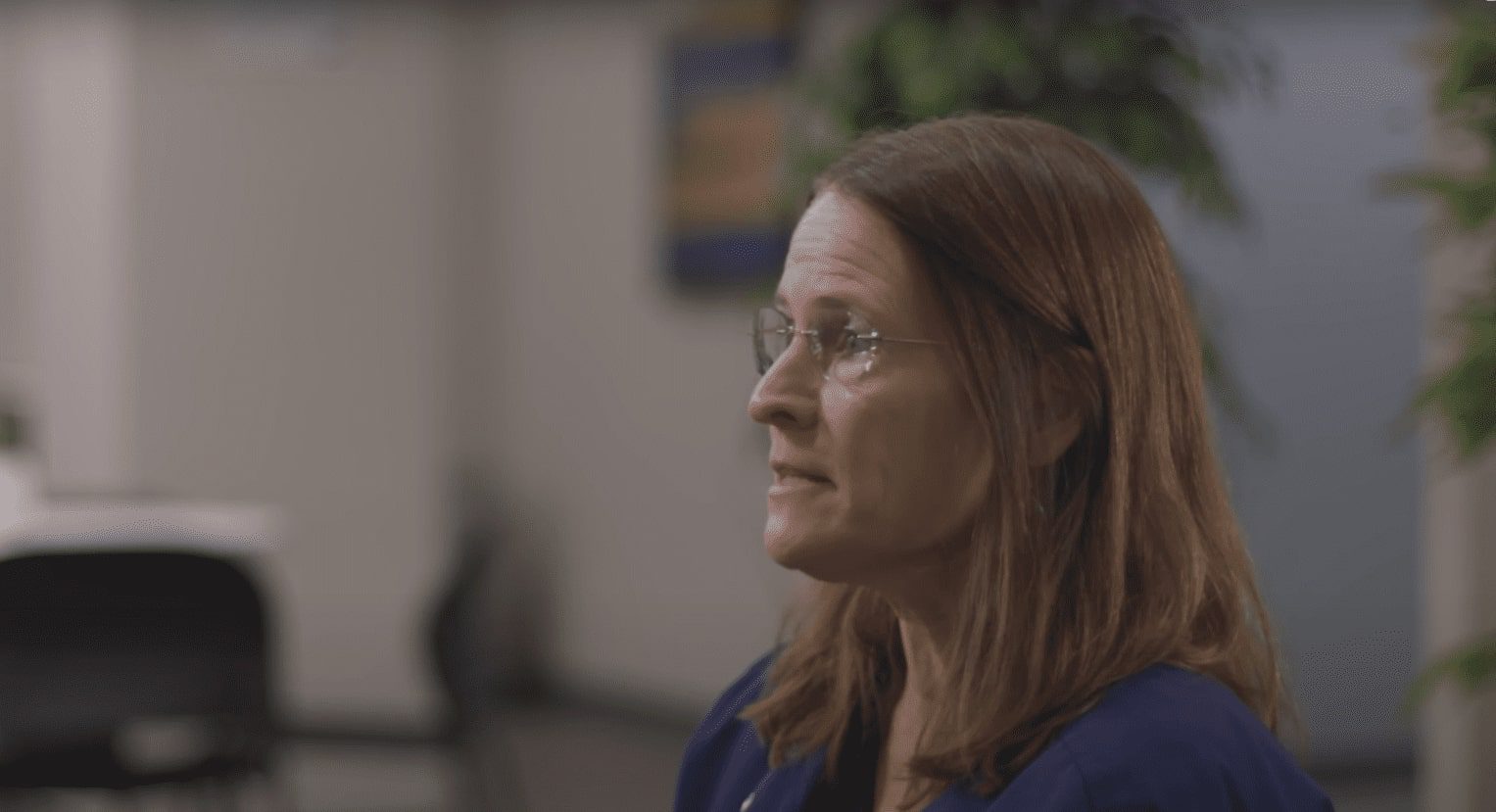What is Minority Mental Health Awareness Month?
Each year, millions of Americans are diagnosed with or continue living their lives with a mental health condition. A number of these individuals fall into the category of “minority”. In 2008, the US House of Representatives established July as National Minority Mental Health Awareness month. The goal of NMMHA month is to raise public awareness of the unique struggles that underrepresented groups face in regard to mental illness and addiction.
Who is Considered a Minority?
There are many people groups in the United States that are considered minorities. Traditionally, the term minority was associated only with cultural and ethnic minorities, but in recent years, the term has expanded to include the LGBTQIA+ community, certain religious groups, and refugee/immigrant groups.
Why Do Minorities Have Greater Mental Health Risks?
There are a number of varying facets when it comes to treating minority groups. One of the biggest challenges that minorities face when seeking mental health and addiction treatment is isolation. There is a stigma surrounding mental health treatment in all cultures, but some minority cultures do not believe that mental illness is a real issue. This cultural stigma discourages individuals from seeking treatment, which can lead to isolation and worsening symptoms.
Another factor that is unique to minority populations is limited access to appropriate and specialized care. There is an overwhelming need in the United States for more mental health treatment services, in particular for providers that specifically serve minority groups.
All of these people groups have unique and differentiating needs that require informed mental health and addiction providers to be as inclusive in their treatment modalities as possible.
The Link Between Mental Health & Addiction in Minority People Groups
Mental health and addiction have a consistent and proven link amongst all people groups. When mental health conditions go untreated, there is a greater chance for them to develop substance use disorders and to deal with addiction and drug or alcohol dependence.
Drugs and alcohol are very often used to dull or numb the symptoms of mental health disorders like depression, anxiety, and post-traumatic stress disorder.
Around 60% of individuals admitted to substance use treatment facilities every year self-identify as Caucasian, but the Substance Use & Mental Health Services Administration reports that minority groups, in particular people of color, suffer from higher rates of substance use and mental health disorders.
How Sandstone Care is Meeting The Needs of Minority Groups
When working with minority groups, it’s important to remember that they have a unique set of needs, just like every other person does. As with any other client, the clinicians at Sandstone Care take into consideration all aspects of the person they are working with, not just their symptoms.
An important aspect of working with minority groups is taking into account their cultural and ethnic backgrounds. Being culturally informed and sensitive to a person’s religion and belief system is key when working with individuals who are part of minority groups. It is the clinician’s responsibility to be informed and dispel any social stigmas that may be associated with an individual’s beliefs or culture.
Every clinician at Sandstone Care is imperfect. They are constantly learning and growing, with the common goal of ensuring the clients they treat discharge from the program with a newfound sense of strength, empowerment, and hope.
If you or someone you know is struggling with substance abuse or mental health concerns, reach out to one of our qualified and passionate admissions coordinators. They would be more than happy to talk to you about what you’re going through, and how we can help.







